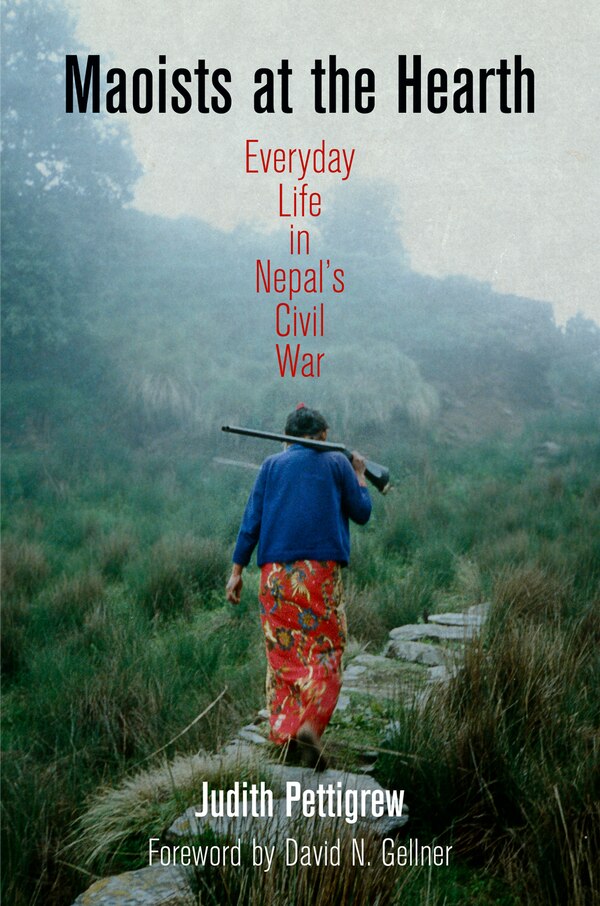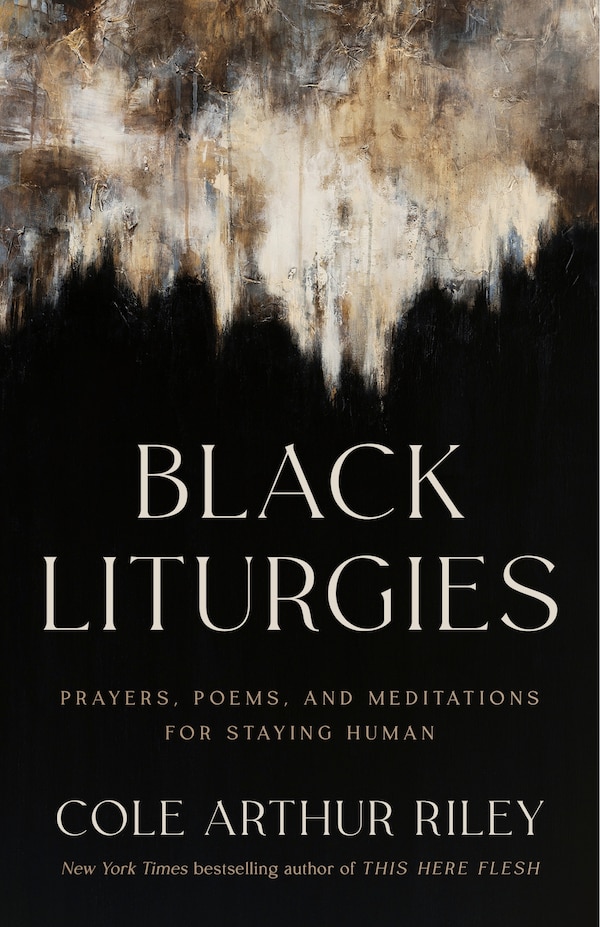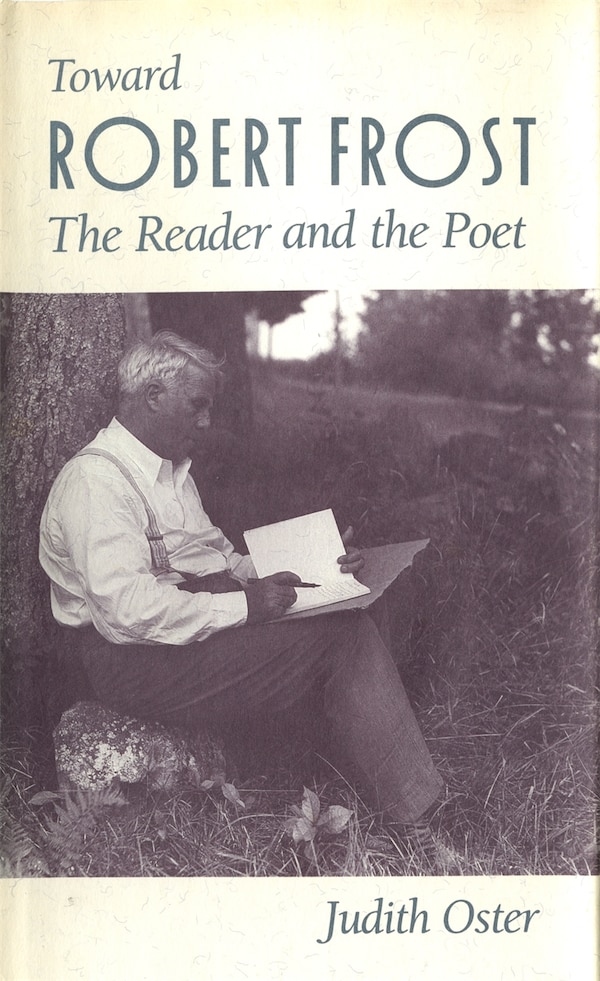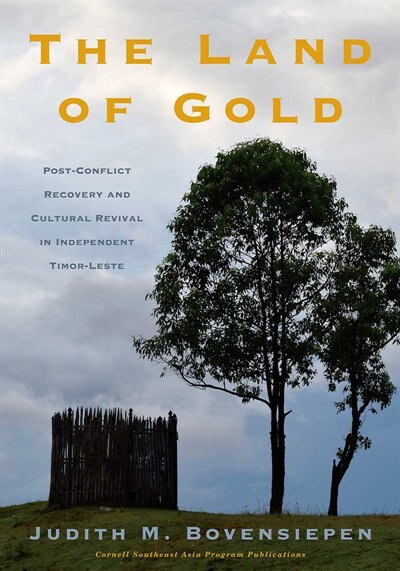
Give the Gift of Choice!
Too many options? Treat your friends and family to their favourite stores with a Bayshore Shopping Centre gift card, redeemable at participating retailers throughout the centre. Click below to purchase yours today!Purchase HereHome
Maoists at the Hearth by Judith Pettigrew, Paper over Board | Indigo Chapters
Coles
Loading Inventory...
Maoists at the Hearth by Judith Pettigrew, Paper over Board | Indigo Chapters in Ottawa, ON
From Judith Pettigrew
Current price: $84.99


From Judith Pettigrew
Maoists at the Hearth by Judith Pettigrew, Paper over Board | Indigo Chapters in Ottawa, ON
Current price: $84.99
Loading Inventory...
Size: 1 x 9 x 1
*Product information may vary - to confirm product availability, pricing, shipping and return information please contact Coles
The Maoist insurgency in Nepal lasted from 1996 to 2006, and at the pinnacle of their armed success the Maoists controlled much of the countryside. Maoists at the Hearth, which is based on ethnographic research that commenced more than a decade before the escalation of the civil war in 2001, explores the daily life in a hill village in central Nepal, during the People's War. From the everyday routines before the arrival of the Maoists in the late 1990s through the insurgency and its aftermath, this book examines the changing social relationships among fellow villagers and parties to the conflict. War is not an interruption that suspends social processes. Life in the village focused as usual on social challenges, interpersonal relationships, and essential duties such as managing agricultural work, running households, and organizing development projects. But as Judith Pettigrew shows, social life, cultural practices, and routine activities are reshaped in uncertain and dangerous circumstances. The book considers how these activities were conducted under dramatically transformed conditions and discusses the challenges (and, sometimes, opportunities) that the villagers confronted. By considering local spatial arrangements and their adaptation, Pettigrew explores people's reactions when they lost control of the personal, public, and sacred spaces of the village. A central consideration ofMaoists at the Hearthis an exploration of how local social tensions were realized and renegotiated as people supported (and sometimes betrayed) each other and of how villager-Maoist relationships (and to a lesser extent villager-army relationships), which drew on a range of culturally patterned preexisting relationships, were reforged, transformed, or renegotiated in the context of the conflict and its aftermath. | Maoists at the Hearth by Judith Pettigrew, Paper over Board | Indigo Chapters
The Maoist insurgency in Nepal lasted from 1996 to 2006, and at the pinnacle of their armed success the Maoists controlled much of the countryside. Maoists at the Hearth, which is based on ethnographic research that commenced more than a decade before the escalation of the civil war in 2001, explores the daily life in a hill village in central Nepal, during the People's War. From the everyday routines before the arrival of the Maoists in the late 1990s through the insurgency and its aftermath, this book examines the changing social relationships among fellow villagers and parties to the conflict. War is not an interruption that suspends social processes. Life in the village focused as usual on social challenges, interpersonal relationships, and essential duties such as managing agricultural work, running households, and organizing development projects. But as Judith Pettigrew shows, social life, cultural practices, and routine activities are reshaped in uncertain and dangerous circumstances. The book considers how these activities were conducted under dramatically transformed conditions and discusses the challenges (and, sometimes, opportunities) that the villagers confronted. By considering local spatial arrangements and their adaptation, Pettigrew explores people's reactions when they lost control of the personal, public, and sacred spaces of the village. A central consideration ofMaoists at the Hearthis an exploration of how local social tensions were realized and renegotiated as people supported (and sometimes betrayed) each other and of how villager-Maoist relationships (and to a lesser extent villager-army relationships), which drew on a range of culturally patterned preexisting relationships, were reforged, transformed, or renegotiated in the context of the conflict and its aftermath. | Maoists at the Hearth by Judith Pettigrew, Paper over Board | Indigo Chapters

















